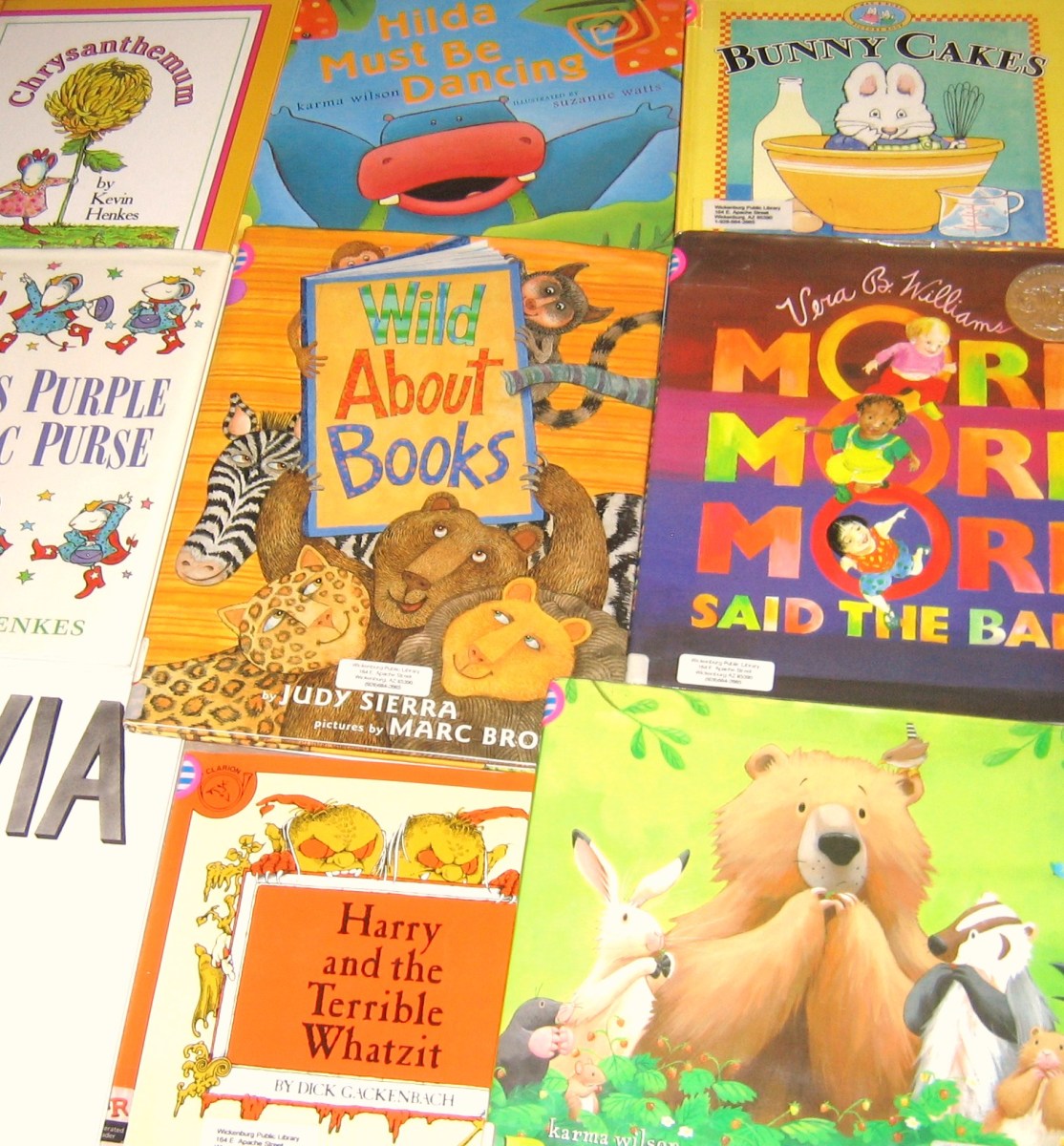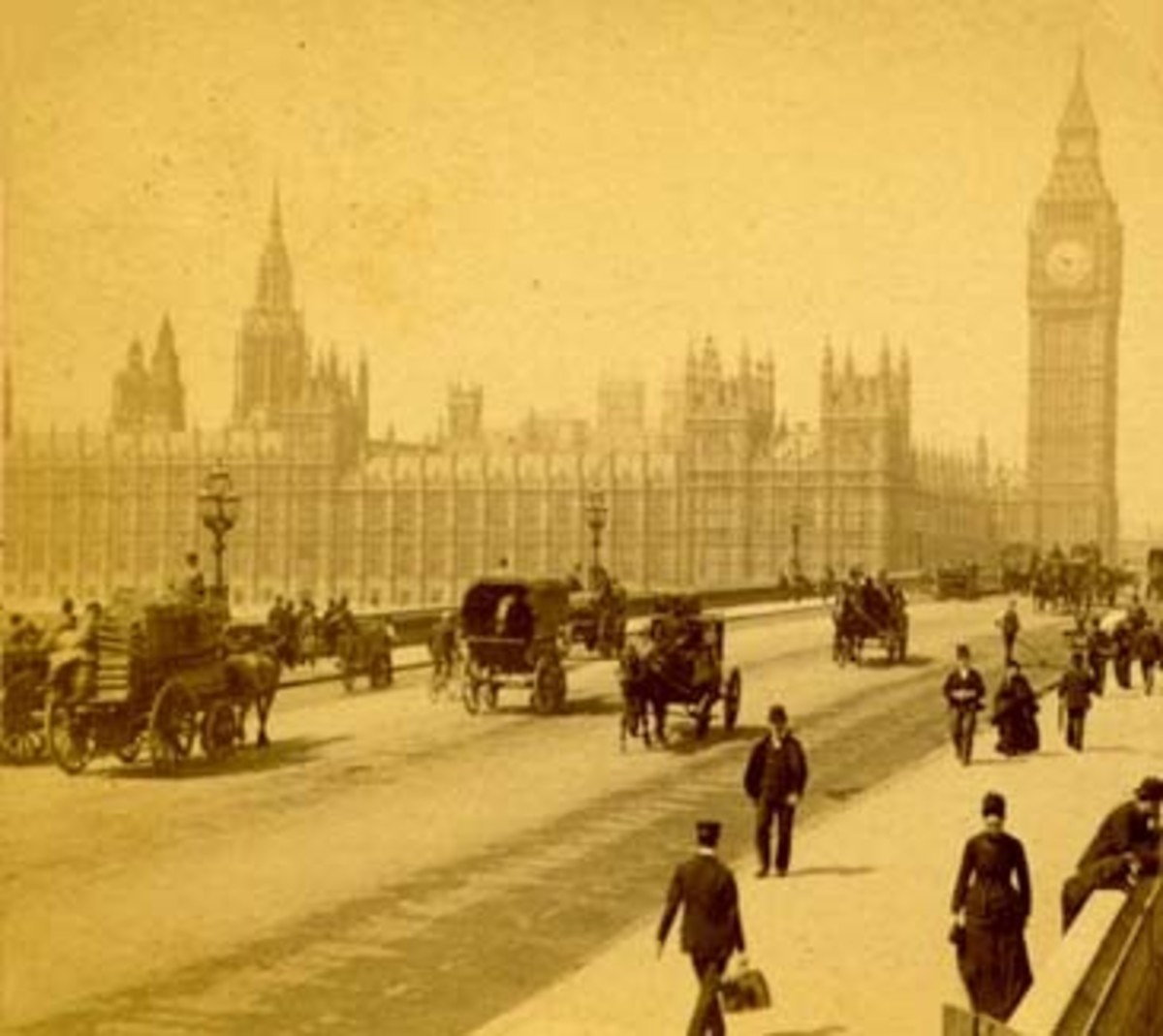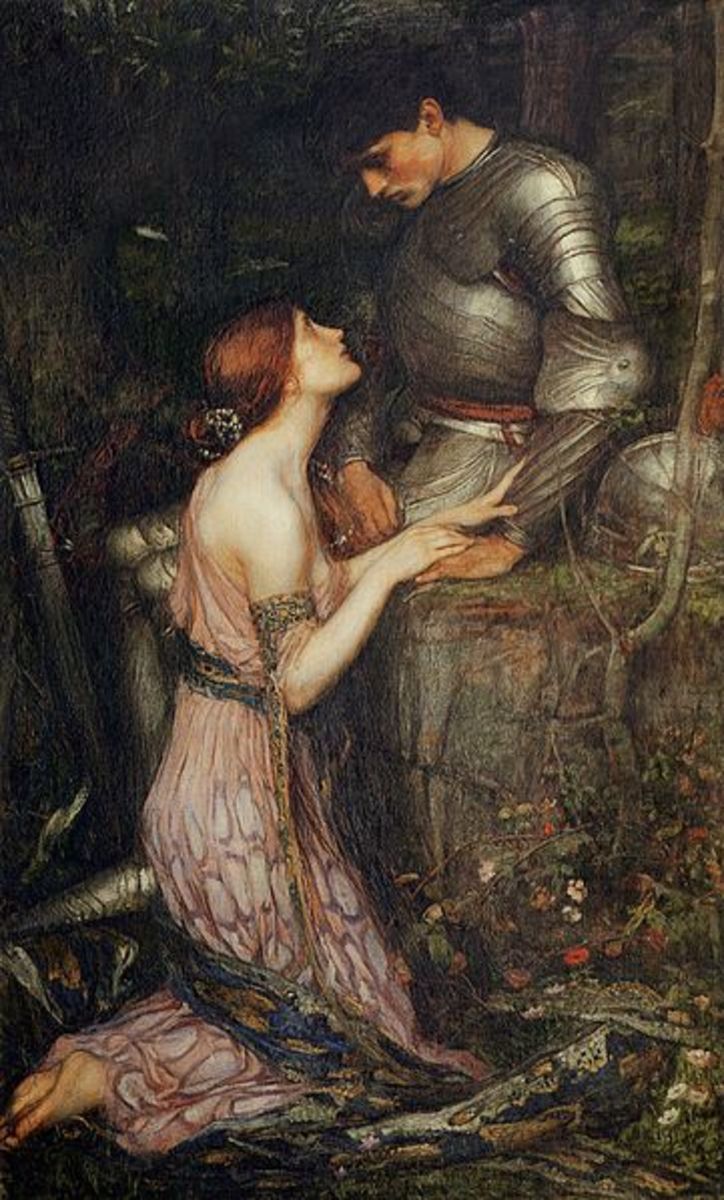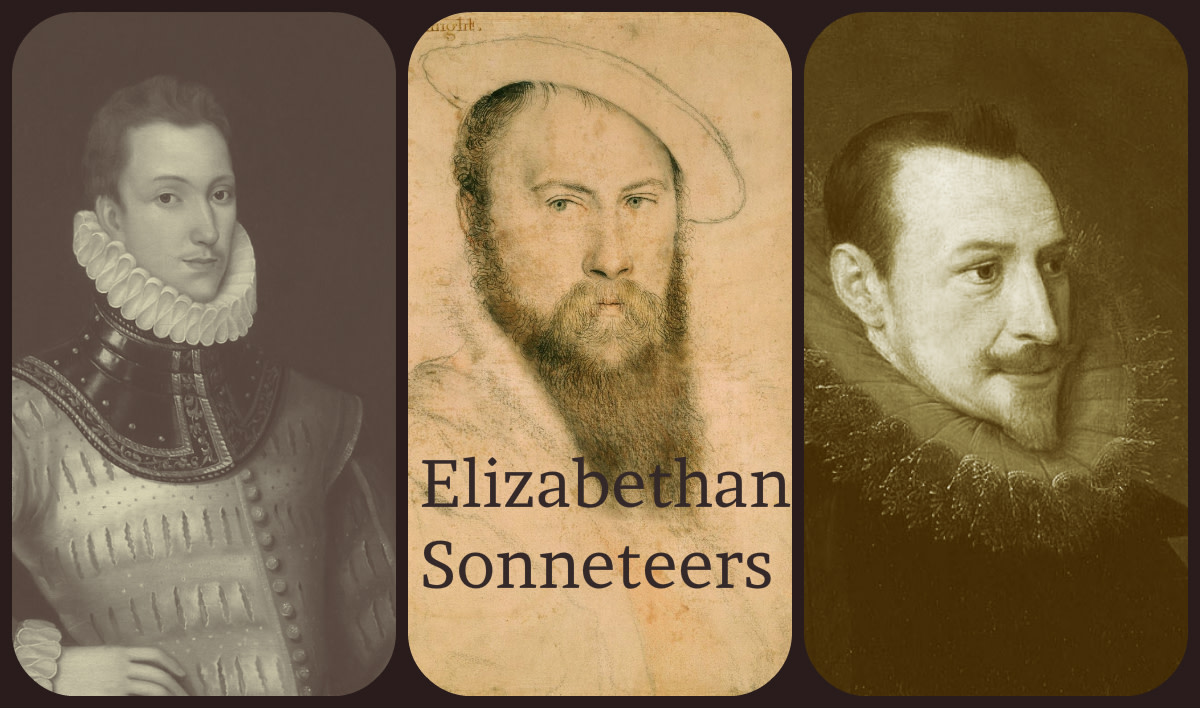Keats' voyage though the Land of Homer
On First Looking Into Chapman's Homer
Much have I travell'd in the realms of gold,
And many goodly states and kingdoms seen;
Round many western islands have I been
Which bards in fealty to Apollo hold.
Oft of one wide expanse had I been told
That deep-brow'd Homer ruled as his demesne;
Yet did I never breathe its pure serene
Till I heard Chapman speak out loud and bold:
Then felt I like some watcher of the skies
When a new planet swims into his ken;
Or like stout Cortez when with eagle eyes
He star'd at the Pacific—and all his men
Look'd at each other with a wild surmise—
Silent, upon a peak in Darien.
Introduction
This is a short and well-know poem from the pen of one of the giants of English poetry. It crops up in so many poetry anthologies and would certainly feature in any selection of Keats’ major works. It is one of those poems which seems perfectly intelligible and easy to digest at a single reading. But do we really understand it at a first reading? What do the words “fealty” and “demesne” mean? Who was Chapman and who was Cortez? And, for that matter, who was Homer? In this hub I want to look at this poem a little more closely.
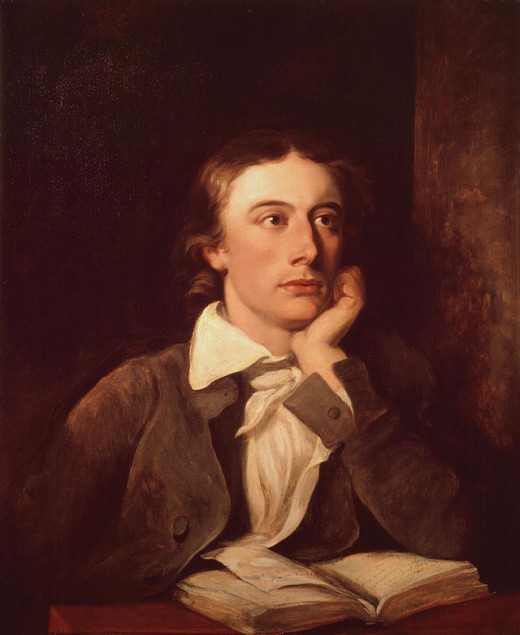
Some background on Keats
John Keats was born in London in 1795. Like William Blake, Keats came from a modest background. His father was a stable manager. Keats’ father died when he was nine and his mother’s second marriage broke down. The four Keats children went to live with their grandmother. Keats showed few early signs of literary talent but, at the age of fourteen, he became a voracious reader. Keats’ family didn’t have the money to provide him with any sort of higher education and so, between the ages of sixteen and twenty-two, Keats trained and worked as a surgeon, a gory and painful business in the early 19th century, and possibly traumatic to such a receptive and sensitive character. Then, for the remainder of his life, he devoted himself to writing. But the remainder of his life was a mere three years. Keats contracted tuberculosis and died in Rome in February 1821. Keats enjoyed little success in his lifetime and the words on his modest gravestone reflect this: Here lies one whose name was writ in water. If only he knew…
On First Looking into Chapman’s Homer was Keats’ first mature poem. It was written in 1816, when the poet was twenty-one.
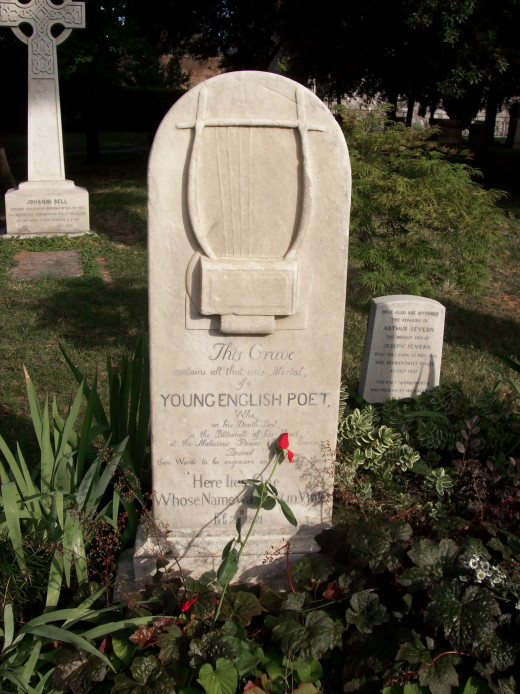
Who is this "Homer" anyway?
The answer to the above question is: we don’t know. We don’t know who he was. We don’t know for certain where he lived or when. We don’t even know for sure whether Homer was a man or a woman. I suspect that the Homeric poems were the product of many creative minds and were developed over a period of centuries. Yet Homer’s name stands at the top of the very first page of the history of Western literature. The two epic poems which bear his name, the Iliad and the Odyssey, cast their glorious shadow over the whole of subsequent literature, right down to James Joyce (Ulysses) and beyond. You’ve seen the film Troy haven’t you? Guess where that story came from. Any Coen brothers fans out there? I don’t have to remind you what Oh Brother, Where Art Thou is based on, do I?
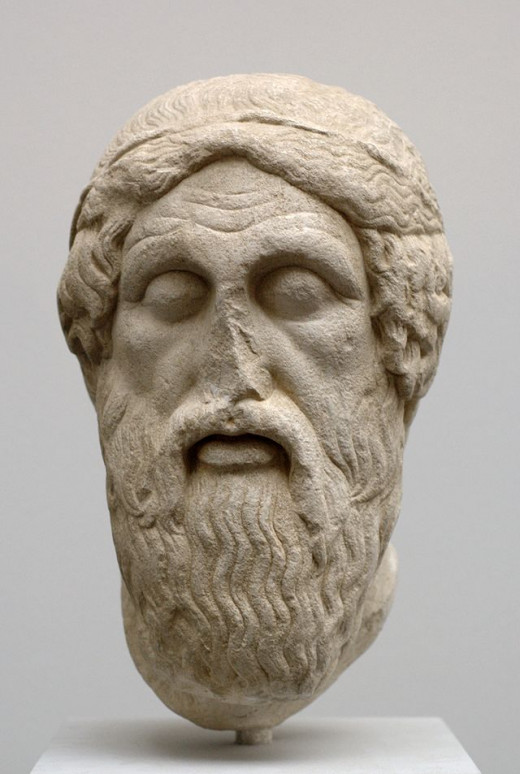
The underlying metaphor of the poem
Travel and discovery is the theme of this poem, but not physical travel. John Keats was not wealthy and did not travel until his illness required him to seek out a warmer climate. The travelling here is a voyage of the mind and soul. In fact, the whole poem is an expression of one basic metaphor: reading is travelling.
I think that reading is a better form of travelling. Say you pay a visit to London for a day. Suppose you’ve never been there before. English weather is notoriously unpredictable. It may well rain, whatever the time of year. Then you will spend much of your visit to London down in the underground tube network, trying to work out where you are and where you’re going to.
Or – you could travel to London in the company of William Shakespeare and consort with kings and queens, courtiers and princes. You could find yourself having a beer in a low pub in Eastcheap with a funny fat man and a young prince. Or you could travel to London with Charles Dickens, and make your way through the Marshalsea fog, peering down crooked alleys at a whole host of characters, from highborn ladies and gentlemen to villains and cutpurses or innocent waif and strays. Later writers will show you so many aspects of the busy and sometime dangerous but always fascinating metropolis that is modern London. Reading can take you further into the heat of London than a flying visit.

A reading of the poem
In the first four lines of the poem, despite appearances to the contrary, Keats is telling us what he has been reading. But he does so in a very indirect and oblique way. I take the “realms of gold” to mean the realms of great literature. This is clearly not some geographical location. As far as I can tell, Keats was the first person to use the phrase “realms of gold”.
The “goodly states and kingdoms” would be the those Keats visited in his reading. We don’t know exactly what books Keats read, apart from Shakespeare and Spencer, but we do know that he read whatever he could get his hands on. But there were limitations to his reading, and these are hinted at in lines 3 and 4. “Many western islands” surely has to refer to the British Isles. The British Isles consists of no fewer than 136 inhabited islands. The “bards” who hold these islands in allegiance (“fealty”) to Apollo (god of music and poetry, prophecy and healing) would be Shakespeare and the epic poet Edmund Spenser. In other words, Keats’ reading has been confined to literature written in English. Lines 4 to 8 pick up on this. Keats has heard of Homer but cannot read him because he lacks Greek. Notice that Homer is spoken of as if it were a region or country. “Demesne” (pronounced “demeen”) means property which one possesses. George Chapman’s translations of Homer allow Keats to enter and to travel within Homer’s world.
In the last six lines of the poem, Keats tries to describe the experience of reading Homer for the first time. The wonderful lines 9 and 10 speak for themselves. The Cortez mentioned in line 11 is Hernando Cortez, and 16th century Spanish conquistador, who conquered parts of South America. Today we are highly critical of Cortez. His conquest of Mexico was cruel and did great harm to the indigenous population. “Darien” refers to the isthmus of Darien in Panama. The “wild surmise” of Cortez’s followers perhaps suggests danger as well as excitement. And that is perhaps appropriate. Homer’s Iliad is one of the most bloodthirsty works of great literature.
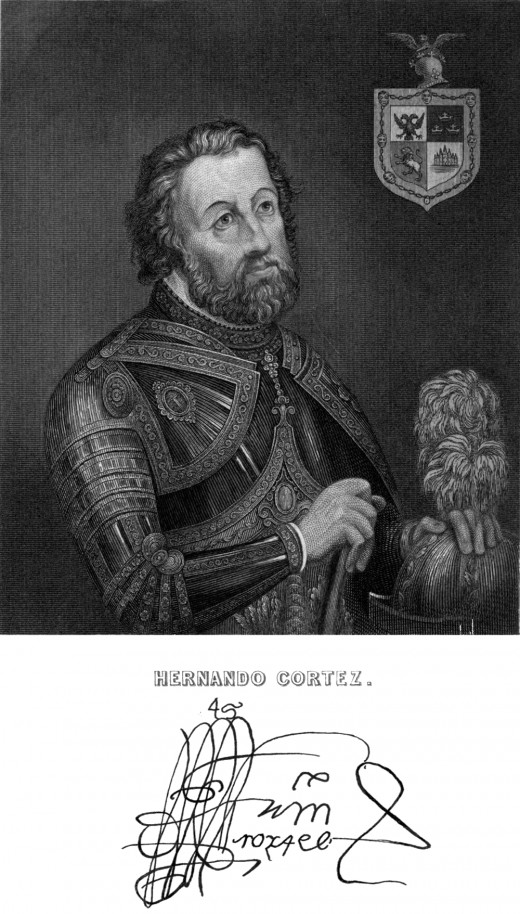
Homer in translation
The best way to read Homer is in the original Greek, but Ancient Greek is a rich and difficult language to learn and few attempt it today. Homer is mostly read in translation. There are many translations of Homer available to the reader of today. Old, new, verse, prose – take your pick! Personally, I always prefer verse translations of poetry. Modern translations are also preferable – you don’t need archaic language to convey a feeling of the great age of the poems. My personal preference is for the translations of the Odyssey and the Iliad by the American poet and translator Richmond Lattimore. Lattimore translates line by line, his metre is flexible but often resembles the dactylic hexameter of the original Greek. His translations are accurate, lively and utterly compelling.
Take Keats’ advice and read Homer! Then you too may feel like a Watcher of the Skies…


